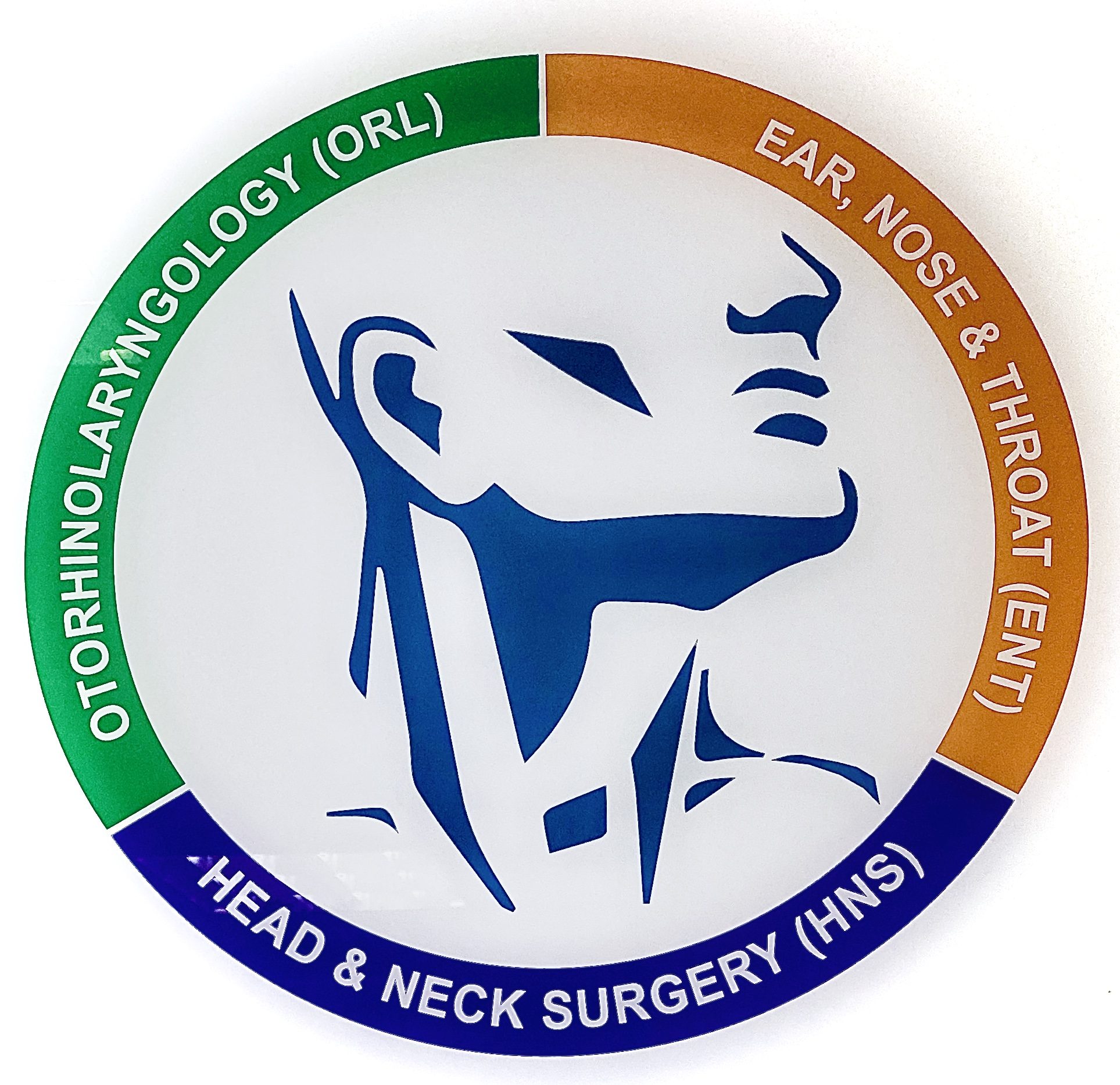Nasal Allergy & blockage
Allergic rhinitis
Rhinitis refers to an inflammatory process of the nasal mucosa lining. It is characterized by frequent nasal discharge, nasal blockage , sneezing and nasal/eye itchiness. Severe allergic rhinitis may affect daily activities and sleep quality. The most common cause of nonallergic rhinitis is acute viral infection. Other types of nonallergic rhinitis include vasomotor, hormonal, drug-induced, structural, and occupational (irritant) rhinitis.
Symptoms
– Nasal blockage / congestion
– Nasal discharge
– Nose & eye itchiness
– Sneezing
– Facial discomfort
– Smell disturbances

Vasomotor rhinitis
Vasomotor rhinitis commonly occurs without an allergic cause and there is often no identifiable cause for the condition. Many factors can influence the nasal lining however including:
- Changes in temperature or humidity
- Hormonal changes e.g. during pregnancy
- Food and drink, e.g. alcohol
- Emotion such as stress and anxiety
- Medication: some medications can have side effects on the nose e.g. blood pressure medication and the contraceptive pill
- Prolonged use of decongestants.
In some people, no cause for their persistent rhinitis is found and it is called idiopathic or vasomotor rhinitis.

Treatment
Treatment
- Oral antihistamines
- Lifestyle modifications
- Surgery ( Septoplasty , Turbinoplasty , Submucosal diathermy)
common questions
Allergic rhinitis is an allergic reaction to airborne allergens, like seasonal grass or pollen or year-round allergens like dust and animal dander. Allergic rhinitis is sometimes called “hay fever,” especially when caused by seasonal allergens.
No , allergic rhinitis is not contagious.
Temperature , weather Irritants that can trigger vasomotor rhinitis include cigarette smoke, strong odors and fumes including perfume, hair spray, other cosmetics, laundry detergents, cleaning solutions, pool chlorine, car exhaust and other air pollution.
Hay fever is another name for allergic rhinitis
It’s difficult to completely avoid potential allergens, but you can take steps to reduce exposure to a particular allergen you know or suspect is triggering your allergic rhinitis. This will help improve your symptoms.
Click here to schedule and appointment today !

